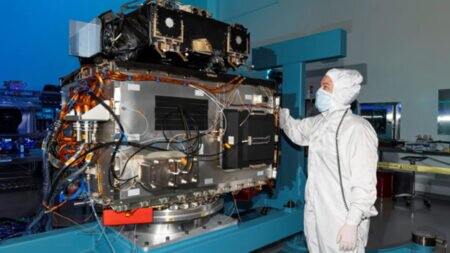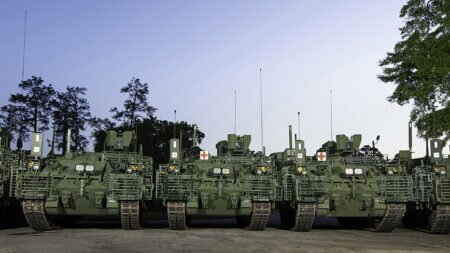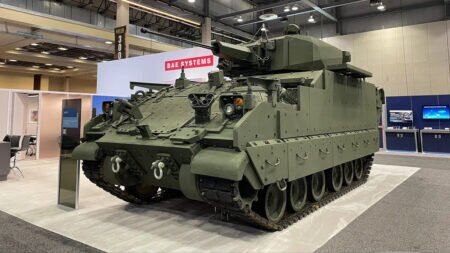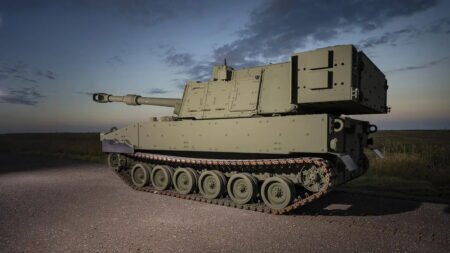DARPA has awarded BAE Systems’ FAST LabsTM research and development organization a $6.5 million contract for the COmpact Front-end Filters at the ElEment-level (COFFEE) program.
The Defense Advanced Research Projects Agency (DARPA) has awarded BAE Systems’ FAST Labs research and development organization a $6.5 million contract for the COmpact Front-end Filters at the ElEment-level (COFFEE) program. COFFEE aims to provide filter technology to improve performance of critical DoD Radio Frequency (RF) and microwave systems with stringent power and size constraints such as digital Active Electronically Scanned Arrays.
Highly integrated and high channel-count RF systems are pervasive for DoD applications. The COFFEE program aims to provide elemental-level protection for these systems against interferers that could adversely impact the operation in congested environments.
“Wideband, highly integrated RF systems are essential to enable mission critical operations; however, high-bandwidth receivers often have limited dynamic range that can leave them vulnerable to electronic jamming,” said Chris Rappa, chief technologist at BAE Systems’ FAST Labs. “COFFEE will provide filtering technology to protect systems and make them more robust and resistant to interference.”
BAE Systems will develop filter technology that can address a broad microwave frequency range that DoD radio systems generally operate in, with element-level integration and without sacrificing performance. The company will ensure the filters are manufacturable with reproducible performance.
BAE Systems’ work on the COFFEE program is a part of DARPA’s Electronics Resurgence Initiative, a five-year, upwards of $1.5 billion investment in the advancement of the U.S. semiconductor industry. The work is part of company’s advanced electronics portfolio, which includes collaboration with Purdue University.









